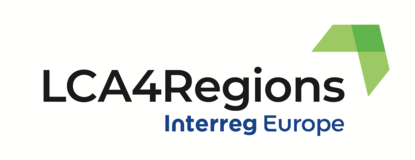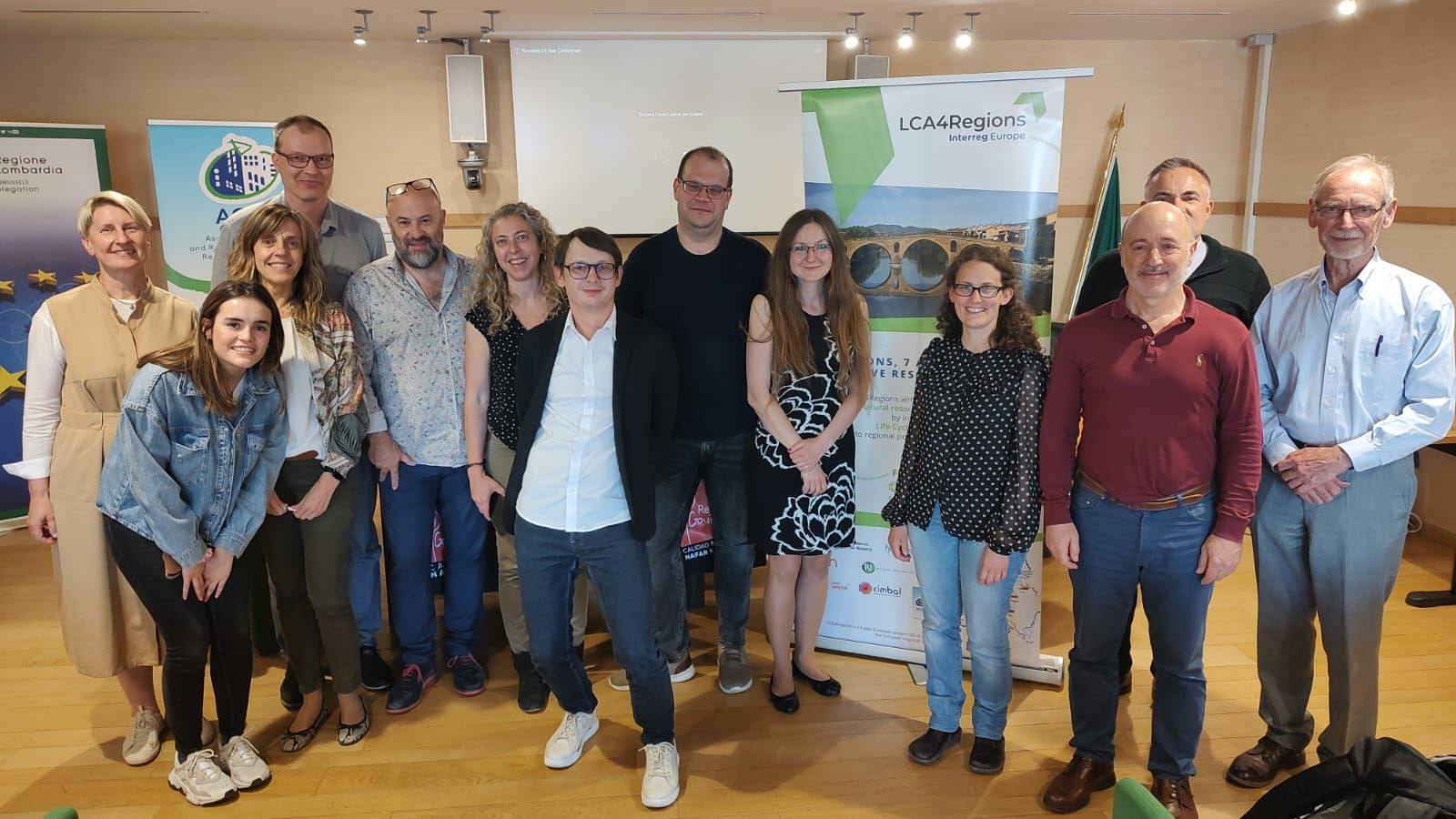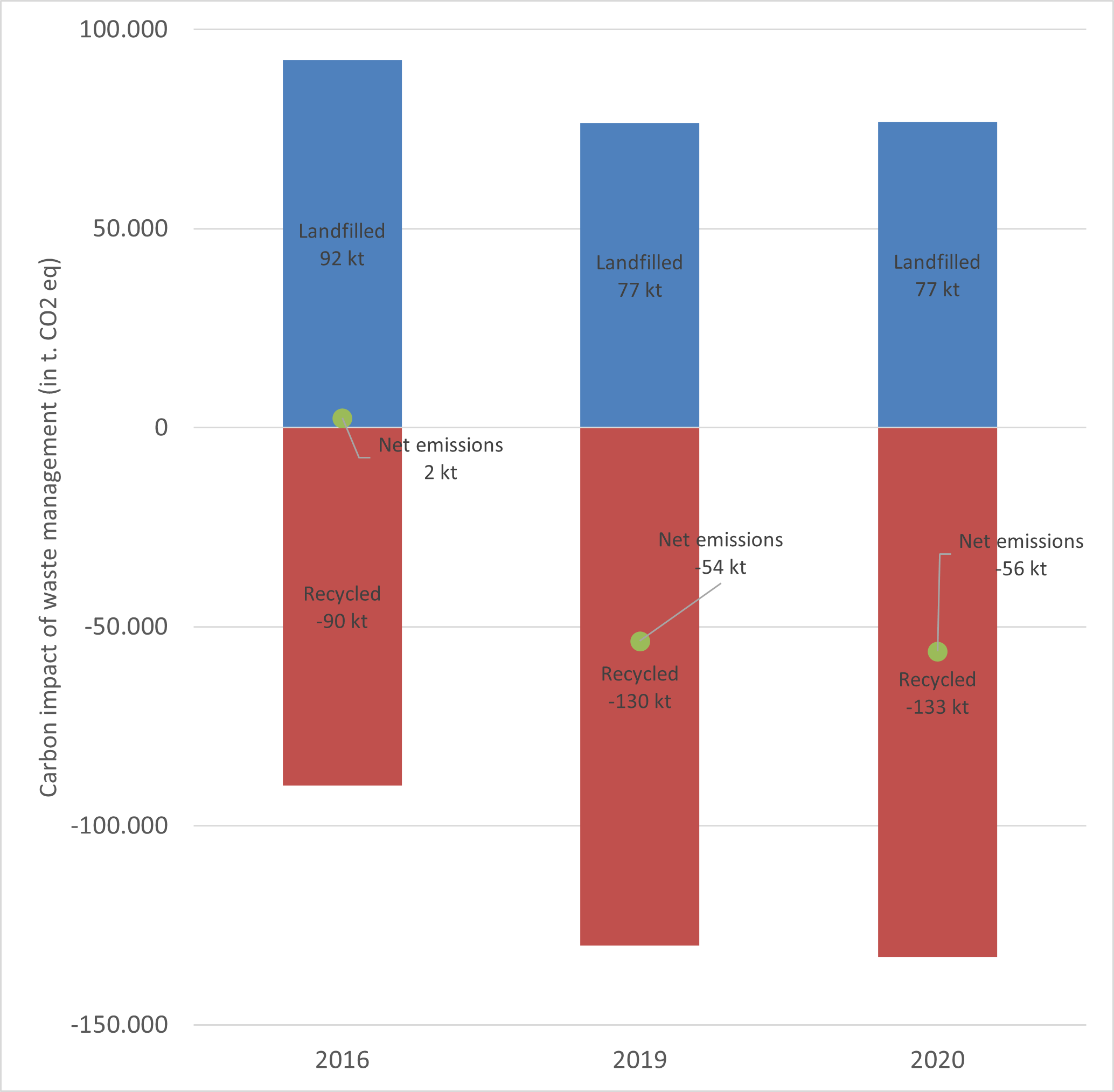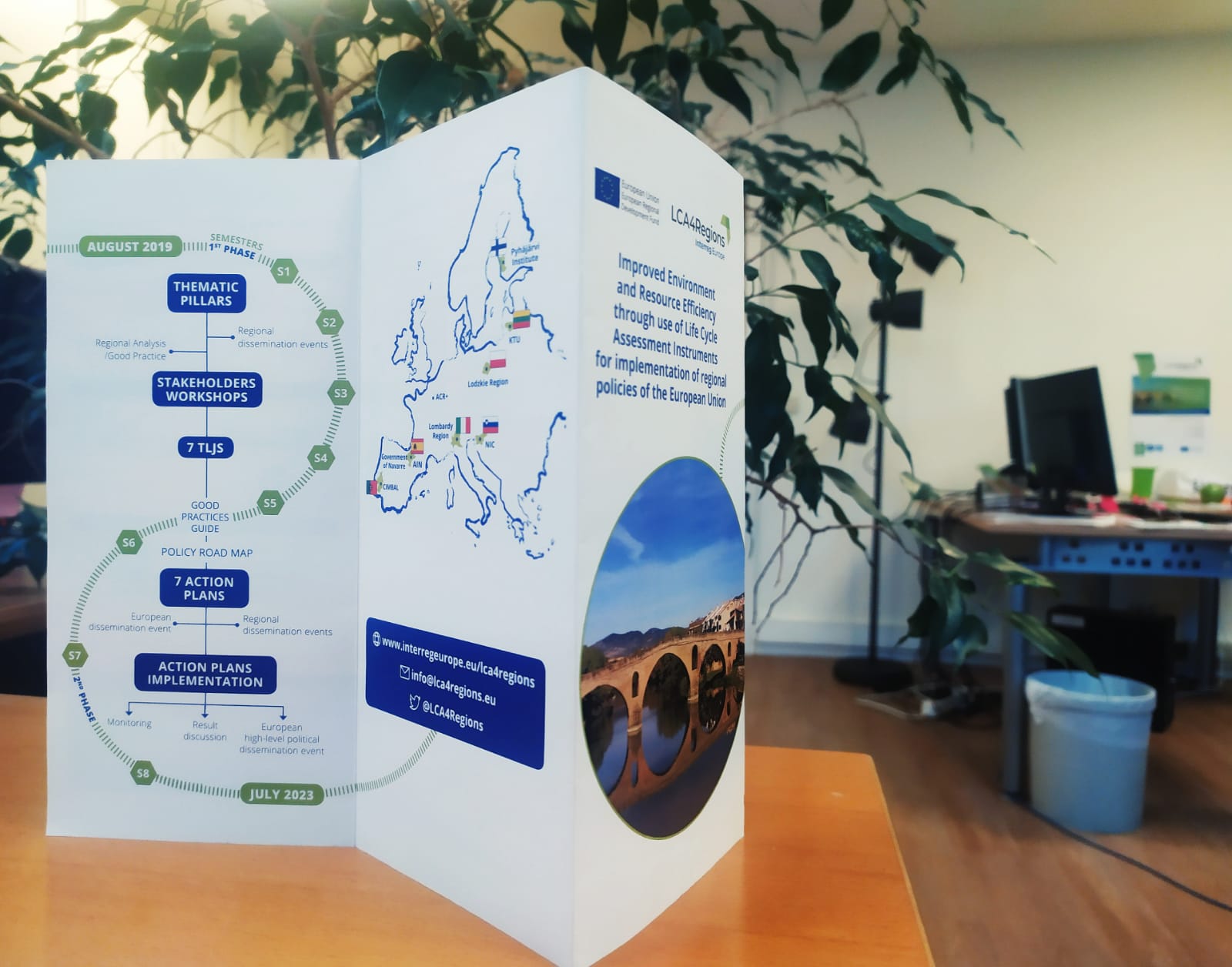Thinking back about last year, the third TLJ in Satakunta region comes to our minds. Which lessons can we draw from this TLJ to continue our journey?
The TLJ showed that LCA can be applied in many areas and that it is important to have a comprehensive approach and understanding in this matter. Specifically regarding waste and material flows, more focus should be given to upstream events in waste management.
Another learning is that changes do not happen quickly and that it is necessary to act systematically. A key point is to secure the support of the government in these approach and regulations that set the goal and give the green light to change.
An interesting pool of practices…
Partners expressed their interest in the different good practices presented. As a follow-up, they will discuss them with their stakeholders – with the help of a written summary for some, periodic meetings for others, get in touch with experts in the field that interest them (i.e. public procurement), and conduct a more thorough analysis to determine which ones could be applied to their territory. The practices that partners found the most interesting were:
- LCA applications in construction, waste management and eco-design ;
- Biomass atlas
- Redistribution of charges for environmental pollution into proenvironmental investments
- Green procurement
- Processing alternatives of biodegradable waste (anaerobic digestion, energy and biofuel)
- The carbon footprint of the activities of the Food Bank of Navarra
…to feed the Action Plans
Both the study visits and the Good Practices presented contribute to generate ideas to build up the future Action Plans. Together with the discussions held afterwards, they help clarifying the topics and widen the perspectives on tools and their use. A next step will be to start processing all the information and knowledge received to determine what should be included in the plans, how this could be done, and at which scale to fully benefit the improved policy instruments.
This specific TLJ helped some partners to already get better ideas for actions such as introducing LCA methodologies in the educational system; stimulating local demand for recycled products so that the local resource of raw materials stays in the production cycle as long as possible and to minimize transport and environmental costs.
One partner also found most useful and inspiring the comprehensive set of Finnish regulations on waste management, bioeconomy and the circular economy. The regulations are the beginning of changes and the consent to them. They also show how important government support is.
To prepare and implement their future Action Plans, partners are already mapping the relevant players and contributors. Expectations of the society and business will also need to be taken into account, as they will be the beneficiaries of the project. One partner noted the impact of national law and the possibilities it offers, as the scope of possible changes to be introduced depends on them. In general, those key players are:
- National Authorities, e.g. Ministry of Environment, ministry of Economy and Innovation etc.
- Municipalities
- Entities in charge of public procurement
- Regional authorities (with different units cooperating)
- Players who knows very well the value chain of interest
- Entrepreneurs from the construction industry and scientists from the Lodz University of Technology
- Public entity related to environmental management (GAN-NIK)
- Players who are up-to-date on the LCA ecosystem in the region, country
- Experienced users of LCA in specific sectors
The start of a long process to insert life cycle methods in regional policies
Replicating life cycle methods in their region makes no doubt for partners, but for most of them this process is still in an early stage. Despite the interest mentioned above, solutions to implement are yet to be defined. In one case, much depends on national regulations that are still developing. In another case, most of the methods presented could be replicated, but in a first place by researchers leaving the question of how to transfer it for policy makers still wide open. Otherwise, the life cycle methods that caught partners’ interest are:
- LCA, SLCA, LCC (by both industrial companies and the public sector)
- Social and organisational LCA
- LC approach for a better management of the taxes coming from waste
- LCA and LCC on construction and demolition waste management system
- LCA processing alternatives of biodegradable waste
- LC approach for feeding key indicators of the policies (focusing on CO2, Resource efficiency)










